

There are evils and “evils”
Our action has to bring us to a positive effort to pollute less, consume less, destroy less in order to save more our natural resources and share them in a more fraternal spirit.
Browse past isues
Help the mission
Support the mission
Get in touch


January 2014


Our action has to bring us to a positive effort to pollute less, consume less, destroy less in order to save more our natural resources and share them in a more fraternal spirit.


For Philippine diplomat Yeb Saño, the close of U.N. climate talks in Warsaw, last November 23, came with an unusual prize: he can eat again.


Slavery in India ranges from bonded labor in quarries and kilns to commercial sex exploitation. It must be noted that slavery still exists in all 162 countries surveyed by Walk Free Foundation, an Australian-based anti-slavery group.


Britons are chucking out the equivalent of 24 meals a month, adding up to 4.2 million tons of food and drink every year that could have been consumed. Almost half of this is going straight from fridges or cupboards into the bin. One-fifth of what households buy ends up as waste, and around 60% of that could have been eaten.
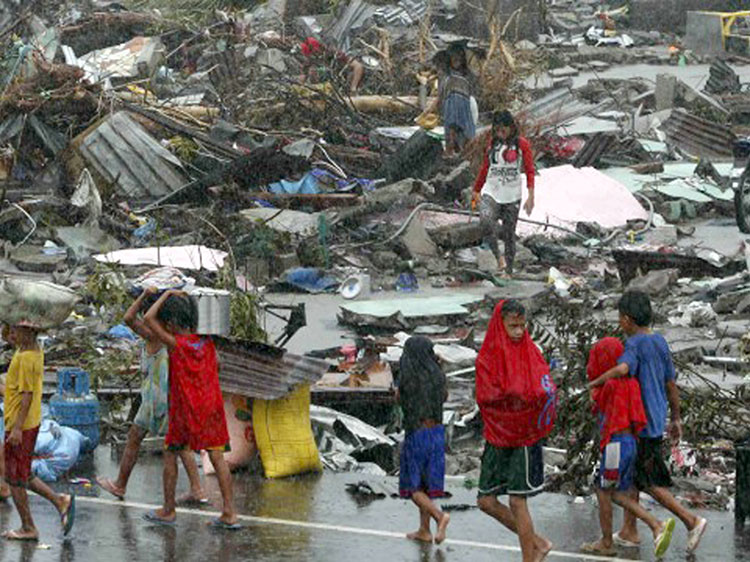

Aid workers have warned that children in the disaster zone left by typhoon Haiyan are particularly vulnerable, as they set up child-focused services to mitigate the impact. UNICEF estimates that 1.7M children are among the 4.4M people in the Philippines displaced by the disaster and said it was receiving reports of missing and separated children in Tacloban and Ormoc.


Coca-Cola has said it will cut off suppliers that do not follow guidelines to protect the land rights of local communities in developing countries. The soft drinks company also pledged to use its clout to encourage other food and beverage firms, traders – especially of soy, sugar and palm oil – as well as governments to endorse and implement voluntary U.N. guidelines on responsible governance of tenure on land, fisheries and forests. “The Coca-Cola Company believes that land grabbing is unacceptable,” it said.
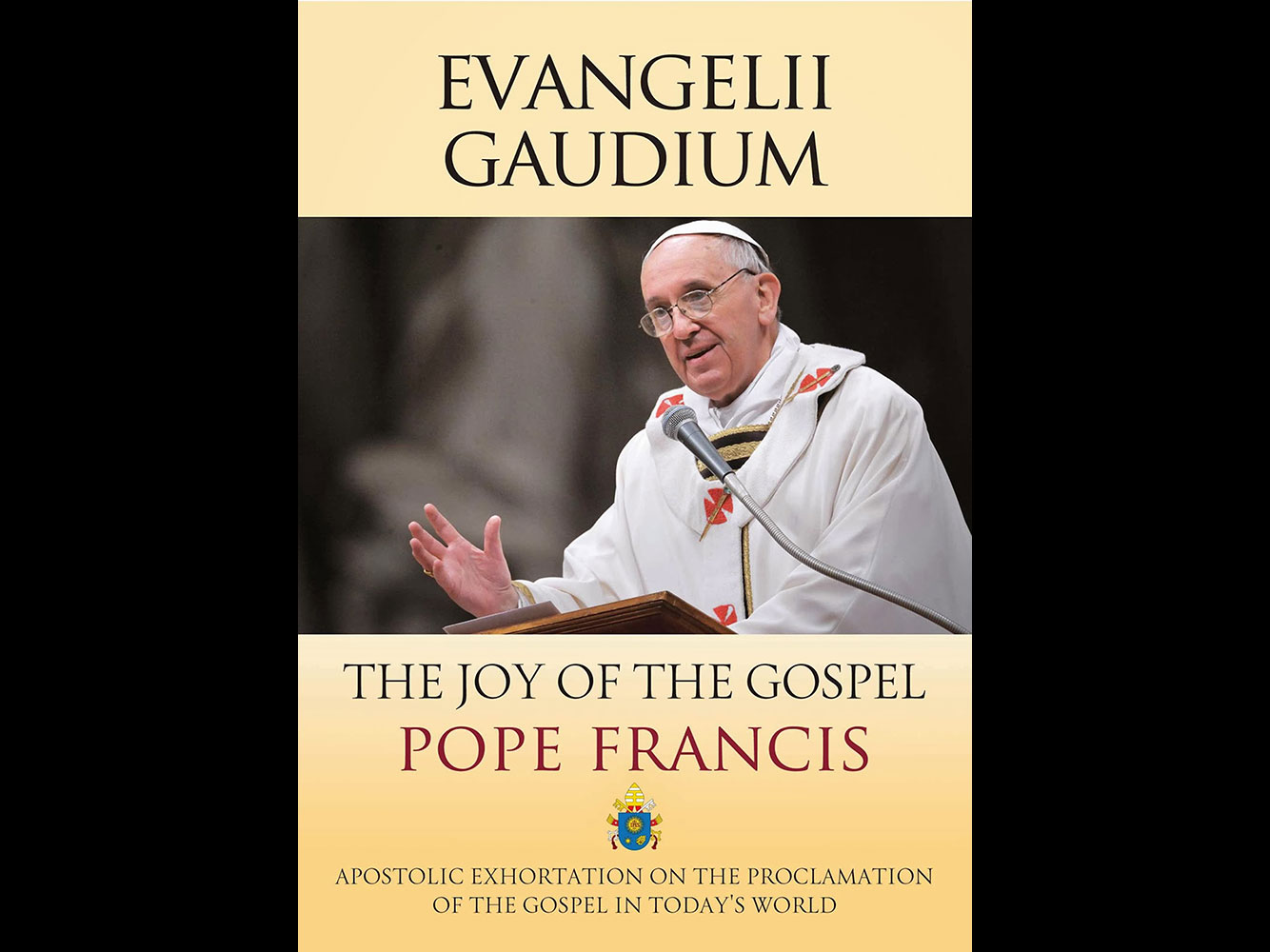

Dreams can be powerful things, especially when articulated by leaders with the realistic capacity to translate them into action. That was the case 50 years ago with Martin Luther King Jr.’s famous “I Have a Dream” speech, and it also seems to be the ambition of Pope Francis’ bold new apostolic exhortation, “The Joy of the Gospel.”


The pictures of the hungry children holding up placards with the single word “Food” and another that cried out “Help,” these, among many others, were heart-wrenching cries of hundreds of thousands of poor people whose lives, homes, and families were wrecked by the devastating, all powerful storm to hit the Philippines last 7 November.


“There is sufficiency for man’s need, but not for man’s greed,” said Mahatma Mohandas Gandhi.
He could have been talking of the tremendous loss of biodiversity that the world is going through, and that endangers wild species, food security and the own survival of humans on earth.
The Philippines is on the frontline. Warns a specialist: “The country is one of the most
threatened in the world. The rate of extinction of species is 1,000 times the natural rate
because of manmade activities. We are the hottest of the hot spots.”
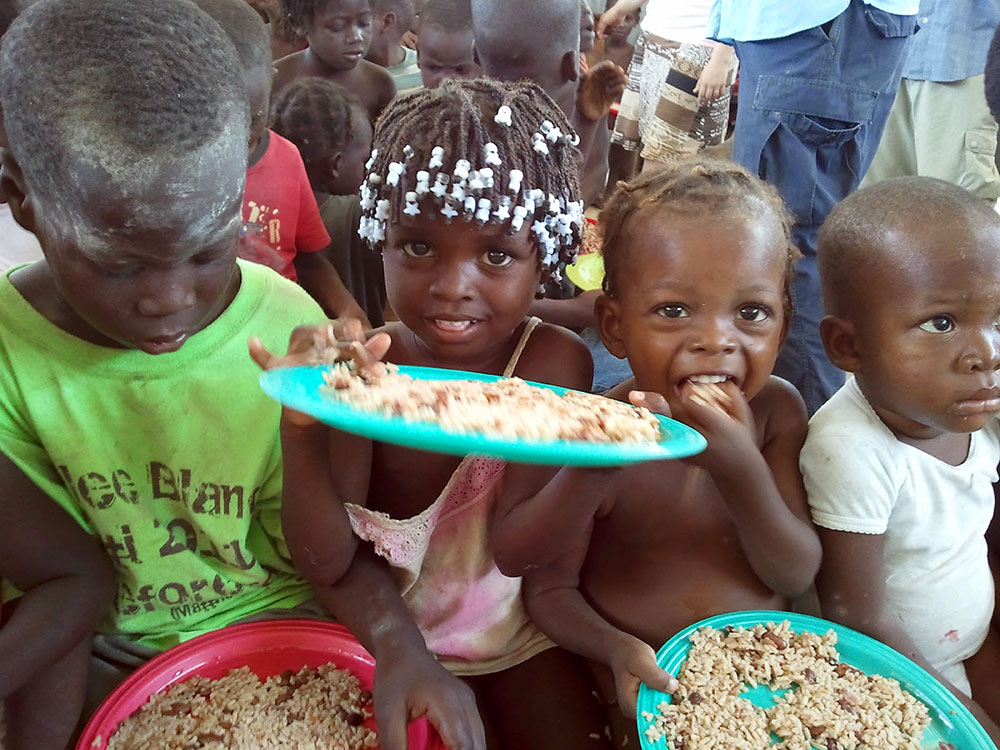

Dwindling agro-biodiversity at all levels is a result of decades of agribusiness, and that’s why we are living in a great age of extinction. GMO crops only further this model. First, because of their engineered resistance to herbicides, the net result is that herbicide use has increased. Due to the emergence of resistant pests, more applications of pesticides and herbicides are necessary to prevent loss of profit in these massive monocultures. The mantra that GMO foods will save the world from famine are just words. And can’t fill bellies, just some pockets.


I’m not sure whose lives the big corporations which produce GMO seeds, together with the doubtful herbicides and pesticides this type of crops requires, are interested in improving. Certainly not the Indian farmers who have lost everything and taken their own lives. Unfortunately, there is too little factual information regarding the effects of GMO products that is available and provided by the technology developers. In farming terms, that is letting the fox guard the hen house.
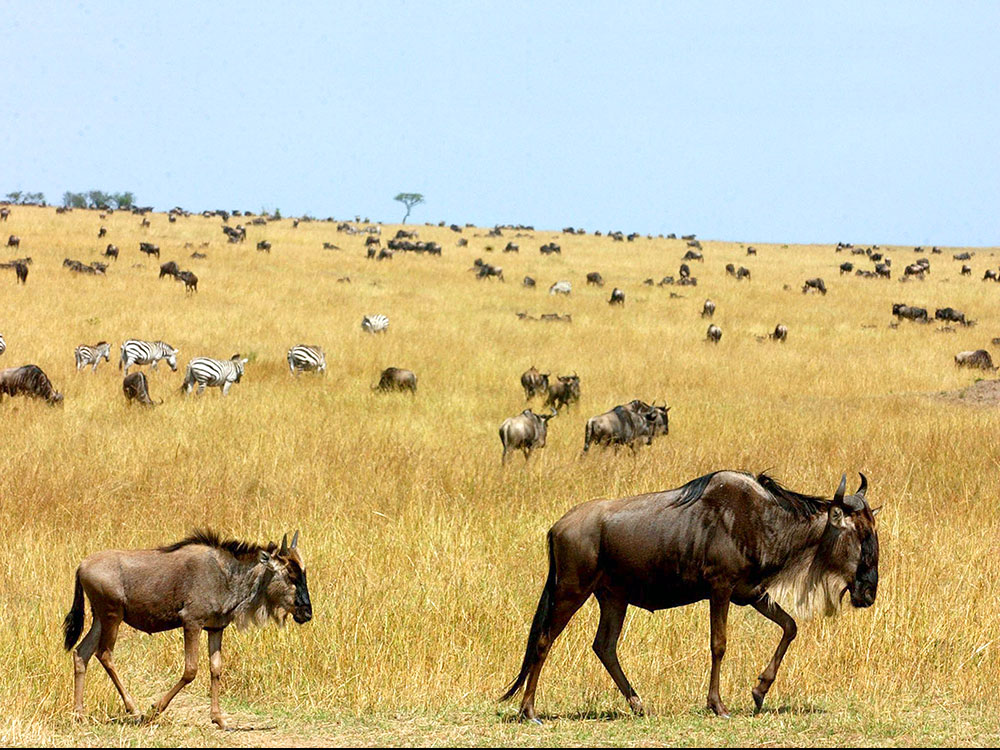

Wildlife is the postcard of Africa, as sea, sun and beach is the trademark and the great source of revenue of the Pacific Islands, but the continent is squandering its natural source of sustainable and eco-friendly tourism. Poachers, guerrilla fighters, extractive industries and criminal rackets are among those that are depleting its natural parks and killing their most iconic species. Unfortunately, South Africa, the richest African country, is not spared.


The adjustment programs, imposed by the blind neo-liberal principles of the international organizations; the corruption induced by corporations, which have the means to buy the political elites; the mining wars – all of these factors contribute to steal the future and hope of the people of Africa. The Church in the continent has started to react, and is asking the faithful to take part in the development struggle.


Pope Francis keeps on calling us to listen afresh to the Lord and to open our hearts and minds to the message of the Gospel in an attitude of availability to be challenged and renewed in living our Christian life. He has clearly and powerfully challenged the whole Church not only to be poor
but also to be at the side of the poor, to make common cause with those who suffer. His example of simplicity and detachment from riches and money is truly outstanding, and it enables him to approach people in a new way, and to be a sign of hope for everyone.
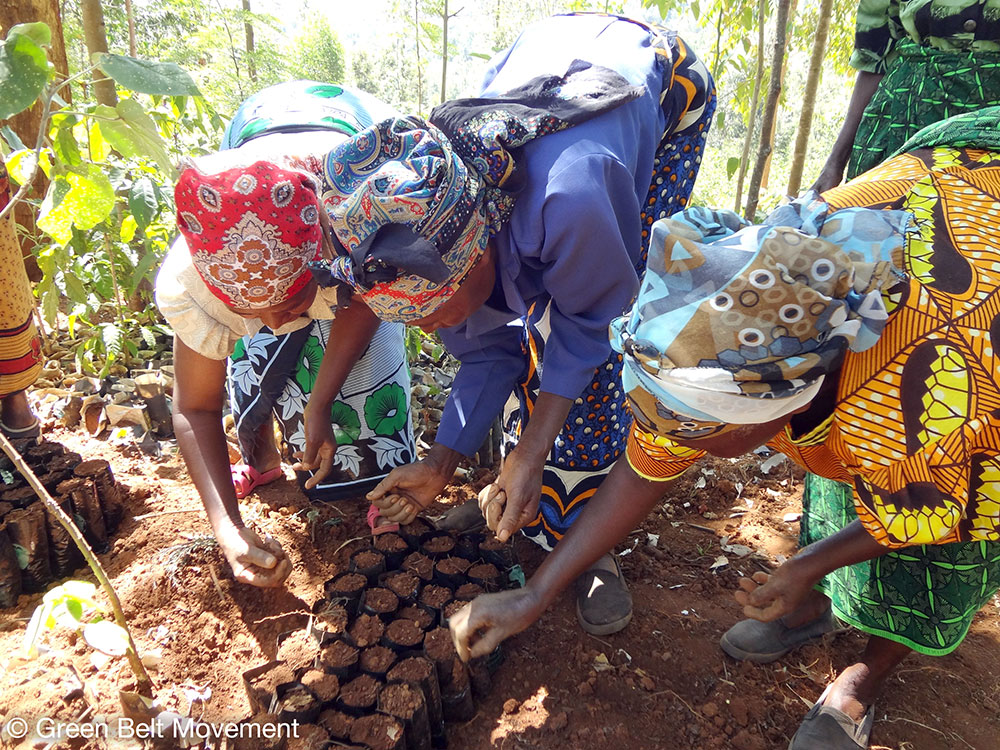

Everyone can make a difference. “You don’t need a university degree to plant a tree,” she used to say. Through her Green Belt Movement, Professor Wangari Maathai (1940-2011) mobilized thousands
of women to plant millions of trees in Kenya. This is the lesson that the outstanding woman, pioneer of the African environment, has left us, passionate as she was in bringing forward her apparently “crazy” objective to the point of receiving the Nobel Prize for it in 2004. A convinced Catholic, she was a member of the Legion of Mary throughout her life. Cancer took her prematurely away in 2011.
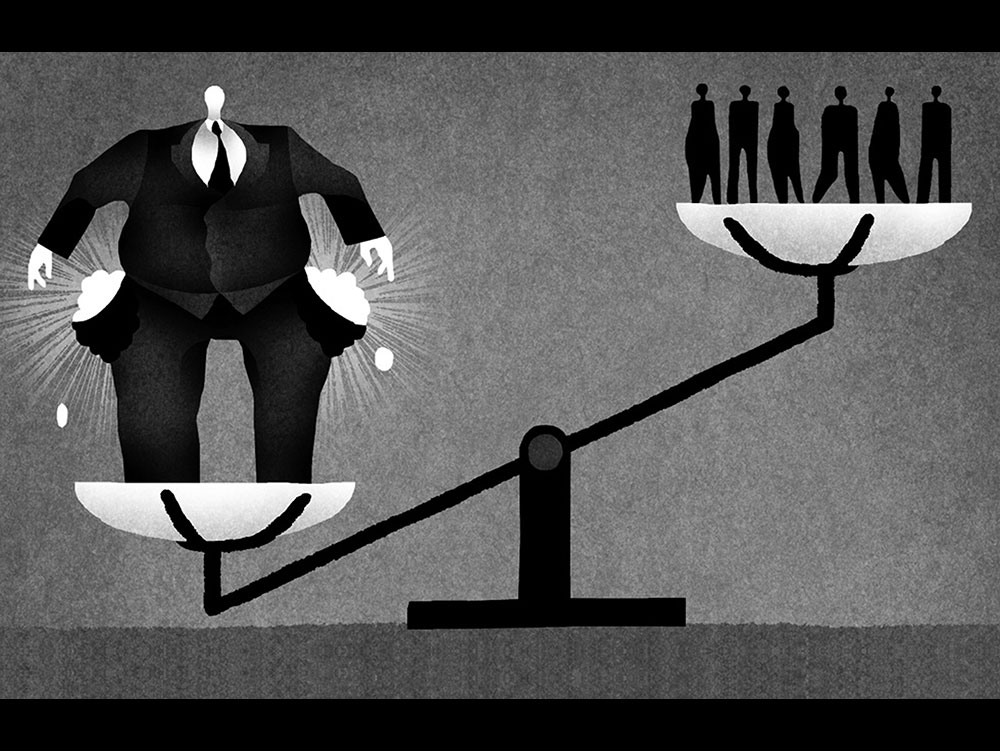

The world’s wealthiest people aren’t known for travelling by bus, but if they fancied a change of scene, then the richest 85 people on the globe – who among them control as much wealth as the poorest half of the global population put together – could squeeze onto a single double-decker.
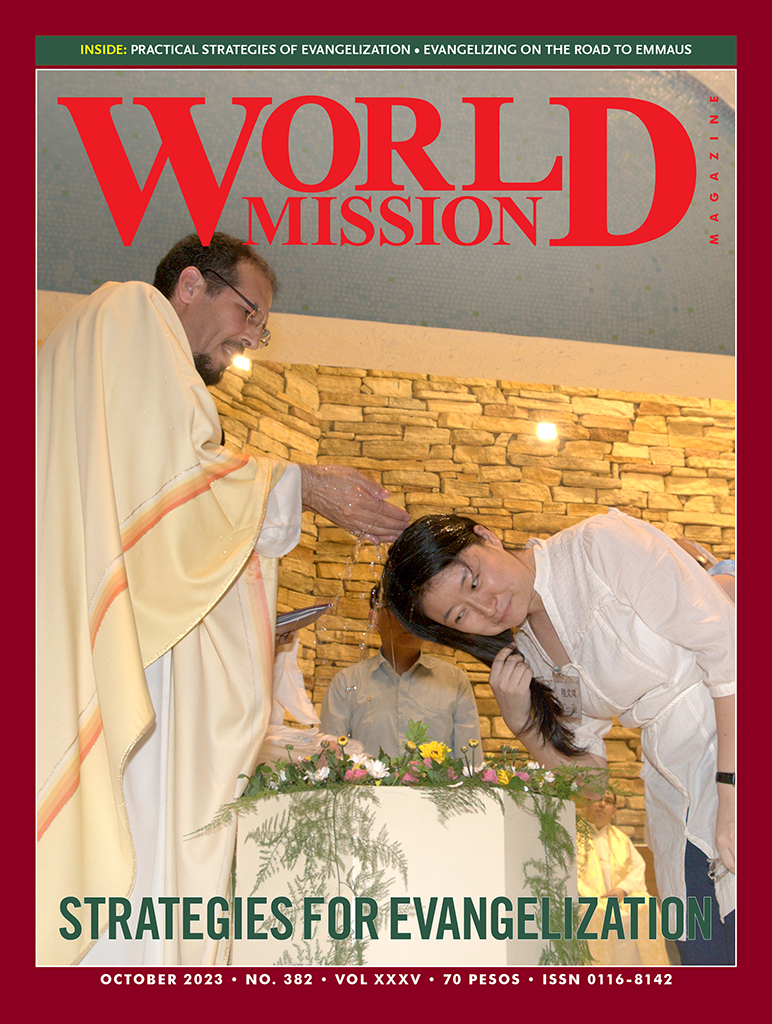

October 2023 Issue
The latest issue is reserved for paying Subscribers only.
